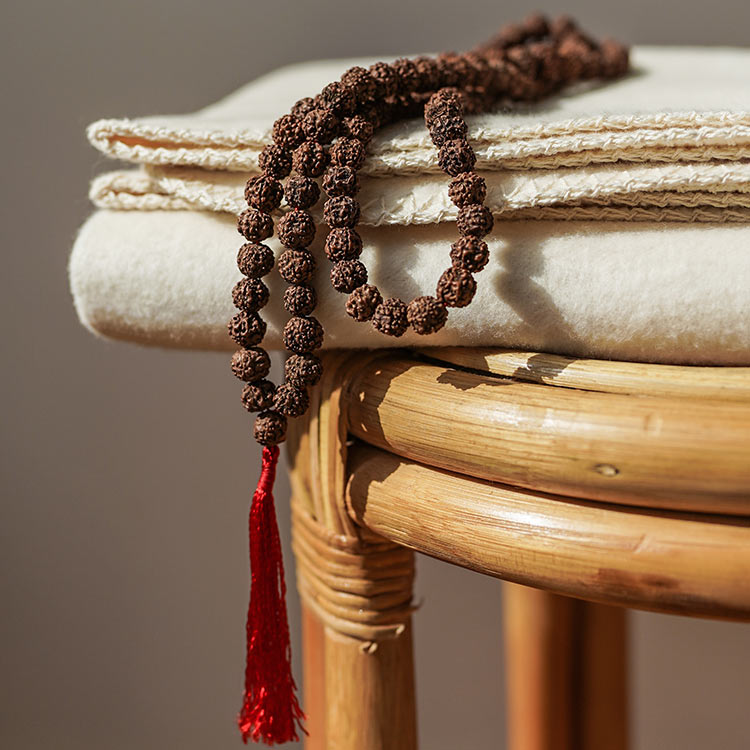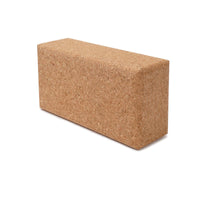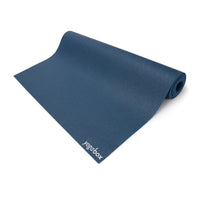
Yoga as a way of life: What is changing?
Fitness increases, muscles strengthen, the body becomes more flexible, and thoughts diminish – these are well-known side effects of Buddhist practice. In other words, these are the benefits you can achieve through regular practice of asanas. And that's not all: anxiety disorders and depression can also be alleviated – at least, that's what some users report. Whether yoga is simply a hype or a beneficial way of life, you'll find out in this article.

Origin of Yoga: Where does it come from?
In addition to meditation, doing something for the mind, body, and soul is an absolute must for many people. Buddhist teachings, which originated in India, combine all of these aspects. The term yoga is very ancient, and according to early records, it was first mentioned as early as 700 BC – even then in connection with meditation and pranayama (breathing exercises). Due to its numerous positive effects on holistic health, yoga is not just a global trend, but a unique lifestyle that anyone can choose to embrace. Are you ready for life-changing measures?
The effects of yoga on the organism
Life and everyday life are hard and stressful for many people. There's no time to relax. This is the case for most people. In this case, yoga exercises could be a true blessing for you. Women, in particular, are choosing to explore their spirituality and integrate meditation and yoga practice into their lives. According to surveys, the proportion of women is around 90%.
The benefit of yoga is:
- For some, yoga helps clear their minds and live more in the moment.
- Other people enjoy yoga because they can tone and strengthen their bodies. More strenuous yoga styles, such as Vinyasa Yoga, have a significant impact on physical fitness.
- Thanks to calmer yoga sequences (e.g., Yin Yoga, Kundalini Yoga, etc.), you and your yoga teacher can bring more awareness into your own system and regenerate yourself. Yin Yoga is valuable for recharging your batteries and releasing adhesions in the fascia. This makes it easier to release blockages.
- Cell aging can be slowed down by breathing in and out regularly, making it possible to look younger for longer.
- Chronic or acute pain can be alleviated through numerous yoga exercises. This, of course, always depends on the individual and should be discussed with the relevant specialist or alternative practitioner. Nevertheless, it can be said that many people notice positive effects on pain when they regularly spend time on the yoga mat . Back, neck, or shoulder pain are often reduced.
- Yoga can bring serenity into one's system and thus change one's overall outlook. People often become aware that they themselves decide how they act and that every decision requires a great deal of feeling and mindfulness—especially when it comes to major decisions.
- Self-confidence can be increased and brought into balance. Many people (especially women) suffer from a lack of self-esteem and a low awareness of their own strength. Buddhist teachings can be helpful in this regard.
The values in this teaching – what is important?
As already mentioned, the yogic lifestyle is a way of life and not just specific exercises that are intended to improve physical fitness and take the mind to a new level.
Yoga is also a way of life with certain values. These include, for example, the following two:
- Ahimsa (non-harm – this means that it's important for yogis to respect other living beings and not harm them. For this reason, many yogis follow a vegan lifestyle, which means no animals suffer. It also involves more conscious use of the planet's resources; don't buy things you don't absolutely need.)
- Aparigraha (not taking more than you need) – this value is also important for assessing what you truly need and focusing on it. It also goes hand in hand with the idea or desire to live a more minimalist and conscious life.
Anyone who struggles with these two points or seems to be facing a challenge can accept this. It's equally important that you don't have to change your entire life because of this. You don't have to spend time every day at demonstrations, in aid projects, or donating money. It's enough to integrate these thoughts into your daily life and keep thinking about them before, for example, making a decision.

The meaning of a spiritual attitude
Life is hard, and that's why more and more conscious people are seeking support in a religion or another philosophy of life. Spirituality can also provide support and be helpful.
Those who choose a spiritual way of life ensure that life has a deeper meaning.
The seven important words
- Brahman (higher reality, divine)
- Maya (illusion, everything is part of a higher reality)
- Dukha (essential suffering because you do not perceive Brahman and live in Maya)
- Moksha (liberation or enlightenment, you can finally perceive Brahman)
- Sadhana (spiritual practice, you can do something for your own path)
- Karma (life is a school with many experiences)
- Kripa (Grace of God)
These words will help you see reality, or rather, to appreciate that everything we see or feel is only partially true. However, if we devote ourselves to the spiritual path, learn to see things and events more clearly, and consciously choose the path of spirituality, we will come ever closer to liberation (moksha) – namely through yogic practice and meditation.
Integrating spiritual, yogic practice into your everyday life: Tips
The above information helps you view life from a slightly different perspective. Therefore, it's good to sit on your meditation cushion daily and listen to your own thoughts and feelings.
Do the following every day:
- meditation
- breathing exercises
- yoga
If you regularly integrate these three points into your daily life, you will come ever closer to your liberation (moksha).

Do you regularly practice breathing exercises? If so, which are your favorites?
Share







